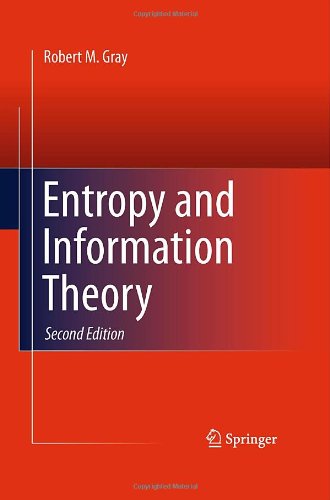

Most ebook files are in PDF format, so you can easily read them using various software such as Foxit Reader or directly on the Google Chrome browser.
Some ebook files are released by publishers in other formats such as .awz, .mobi, .epub, .fb2, etc. You may need to install specific software to read these formats on mobile/PC, such as Calibre.
Please read the tutorial at this link: https://ebookbell.com/faq
We offer FREE conversion to the popular formats you request; however, this may take some time. Therefore, right after payment, please email us, and we will try to provide the service as quickly as possible.
For some exceptional file formats or broken links (if any), please refrain from opening any disputes. Instead, email us first, and we will try to assist within a maximum of 6 hours.
EbookBell Team

5.0
68 reviewsThis book is an updated version of the information theory classic, first published in 1990. About one-third of the book is devoted to Shannon source and channel coding theorems; the remainder addresses sources, channels, and codes and on information and distortion measures and their properties.
New in this edition:
Significant material not covered in other information theory texts includes stationary/sliding-block codes, a geometric view of information theory provided by process distance measures, and general Shannon coding theorems for asymptotic mean stationary sources, which may be neither ergodic nor stationary, and d-bar continuous channels.